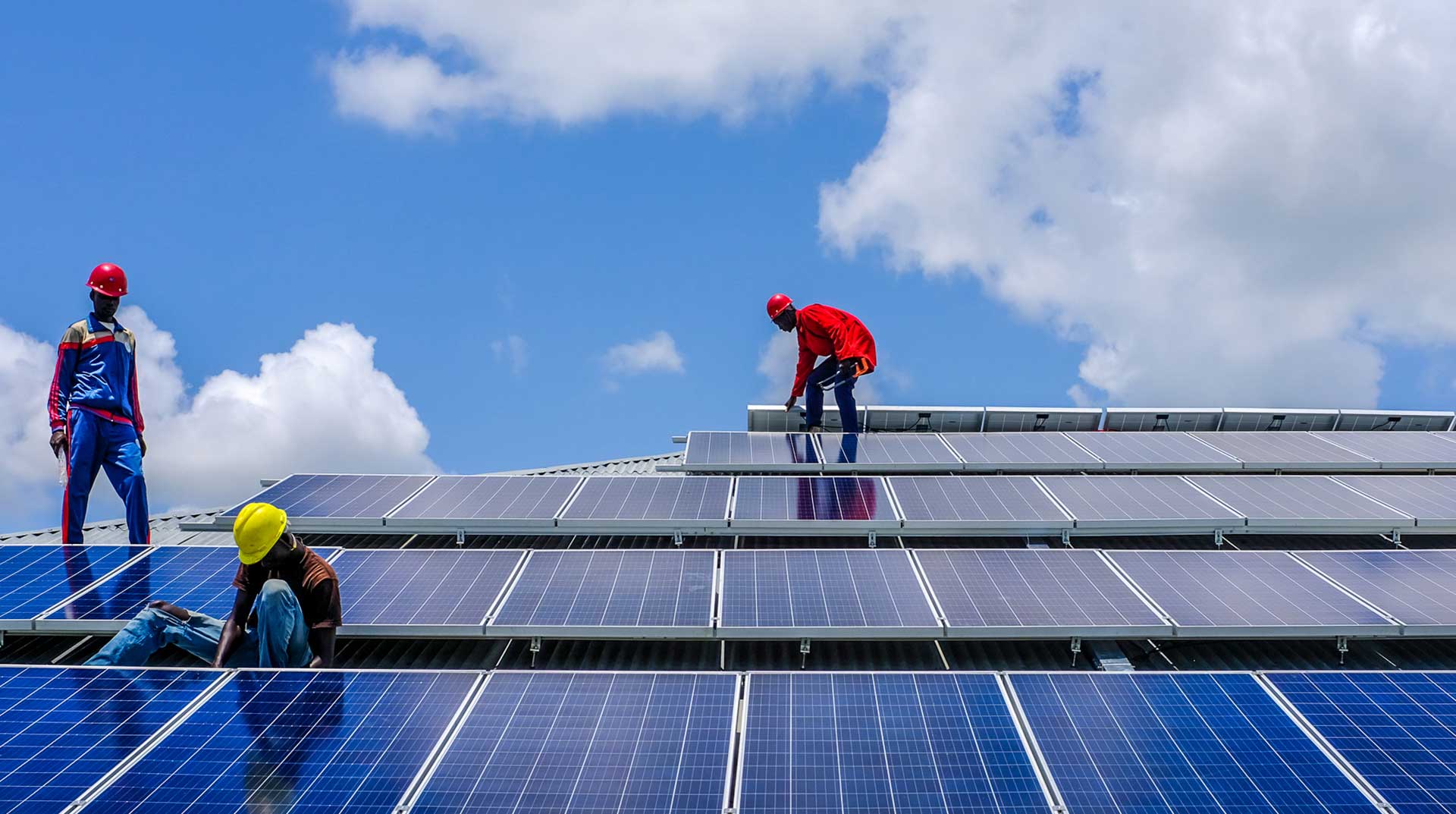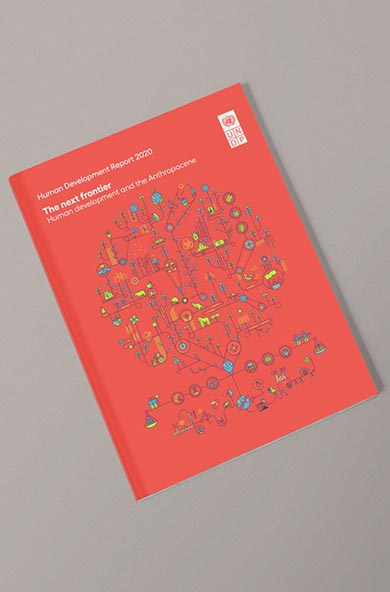Turning Trash to Treasure in Zambia’s Western Province: The Ndowana Farming Club
February 26, 2025

Katukula Liywali, a member of the Ndowana Farming Club, holds a bowl of cleaned and sanitised feathers, ready to transform them into a beautiful and comfortable product
In 2023, Zambia produced over 34 million poultry products (ZamStats, 2023). From indigenous hardbody chickens — commonly known as village chickens — to turkeys and quails, these products fed over 2 million poultry raising households across the country. For many poultry farmers, it has been an invaluable source of both nutrition and income.
Beneath the success of Zambia’s growing poultry industry, however, lies an often overlooked and growing cause for concern: waste.
Linear production methods and escalating levels of waste have sparked concerns about the sustainability of the poultry farming sector, especially as feather waste continues to accumulate beyond manageable levels in many remote communities across the country. For Matanda Muyanalu, the reality hit close to home. In 2015, she started a poultry project with a few members of her farming club in an effort to connect with community members and share a resource for livelihood building. Soon after, however, she began noticing the sheer amount of feather waste piling up. “If our chicken run of just 500 birds produces this much waste,” she wondered, “how much waste is coming from the bigger farms, these restaurants, and households that also keep chickens?”
Determined to find a solution, Matanda and her group, the Ndowana Farming Club, set out to turn these piling amounts of trash into treasure.
The Feathers Project, launched by the Ndowana Farming Club, transforms treated feather waste bought from local farmers, restaurants, and neighbouring households into beautiful, hand-crafted products like pillows, backpacks, and duvets. By reimagining waste management, the club is “closing the loop” in Western Province’s poultry farming cycle and simultaneously providing members of the club with much needed skills to build sustainable livelihoods for themselves.
In 2023, Zambia produced over 34 million poultry products (ZamStats, 2023). From indigenous hardbody chickens — commonly known as village chickens — to turkeys and quails, these products fed over 2 million poultry raising households across the country. For many poultry farmers, it has been an invaluable source of both nutrition and income.
Beneath the success of Zambia’s growing poultry industry, however, lies an often overlooked and growing cause for concern: waste.
Linear production methods and escalating levels of waste have sparked concerns about the sustainability of the poultry farming sector, especially as feather waste continues to accumulate beyond manageable levels in many remote communities across the country. For Matanda Muyanalu, the reality hit close to home. In 2015, she started a poultry project with a few members of her farming club in an effort to connect with community members and share a resource for livelihood building. Soon after, however, she began noticing the sheer amount of feather waste piling up. “If our chicken run of just 500 birds produces this much waste,” she wondered, “how much waste is coming from the bigger farms, these restaurants, and households that also keep chickens?”
Determined to find a solution, Matanda and her group, the Ndowana Farming Club, set out to turn these piling amounts of trash into treasure.
Click the link below to read the full story:
"We saw it as an opportunity to do more for our people whilst also tackling this issue,"— Matanda explains.

Matanda Muyanalu, the founder and chairperson of the Ndowana Farming Club, works with the members of the group to tackle the growing concern of feather waste in Western Province
In 2024, the Feathers Project received a grant of USD 25,000 from the Global Environment Facility’s Small Grants Programme (GEF SGP), an initiative implemented by United Nations Development Programme (UNDP). The funding allowed the club to purchase essential equipment, including sewing machines and a solar dryer, and even construct a borehole to support their operations.
The project has since taken off and members of the community are happily supporting the growth of the club. The club now buys sanitized feathers from local marketers, restaurant owners, and farmers, who are grateful for the chance to sell what was previously seen as unusable waste, earning extra income for their businesses and families. Before, much of this feather waste was burned, releasing methane into the atmosphere, and exacerbating the effects of climate change.
The Feathers Project also goes beyond managing waste, empowering interested community members with the skills they can use to further support the building of sustainable livelihoods. Through the project, the Ndowana Farming Club offers training programmes in waste treatment and processing through a fashion and design course and sustainable waste processing course. Community members, many of whom are women and persons with disabilities, can now join the club and learn how to repurpose waste like feathers, plastic and other materials into fashionable products that can be sold to markets beyond the Western Province.
“We want to build an industry here in Western Province, a sustainable one that uses what we have around us to create something valuable for community members. Especially persons with disabilities”, she expressed. “Persons with disabilities face challenges in finding sustainable livelihoods. We want to make sure that they are included in this opportunity.”
Currently, the project targets 200 persons with disabilities. With 10 persons with disabilities enrolled in the training programme, the impact of the project is already visible. Participants have learned valuable skills that they can use to start their own businesses, contributing to the local economy while promoting sustainability. “I have used the skills we are learning to start making carpets as well. I sell them in town, and I can use the money I make to take care of my family”, Mary Kasabi shares.
The project’s successes thus far have not gone unnoticed. In just six months, the Feathers Project has sold ZMW 42,500 worth of material produced under the training programme. Representatives of local government agencies, including the Ministry of Fisheries and Livestock and the Ministry of Small and Medium Enterprise Development, have expressed interest in supporting the initiative further. Makumba Kasonde of Ministry of Small and Medium Enterprise Development has worked with the group since the grant writing phase and has seen it grow massively, garnering the attention of key stakeholders in the Government. “The Minister of Fifsheries and Livestock who visited the district some time back was very impressed with the progress... they are even looking into providing some market linkages to the group”, he recalls.
“It’s important to support community actors tackling climate change issues like waste management,” highlights Marisa Mushota-Kalima, the National Coordinator for GEF-SGP in Zambia. “The Ndowana Farming Club’s work not only inspires local action but also directly impacts women and persons with disabilities, giving them the tools to create a sustainable living, both environmentally and economically. Our role as the SGP in Zambia is to support such innovative initiatives and ensure that they are scalable and replicable”.
With technical support received from other GEF-SGP grantees, Ndowana Farming Club, responded to a call for proposals on the UNDP’s Productive Uses of Electricity (PUE) Project, which successfully granted the Club with an additional $20,000 to support their project. Carol Mwape Zulu, UNDP’s Environment and Clean Energy Programme Specialist noted, “The integration of solar energy in the Feathers Project’s production chain will assure consumers of sustainably produced products. At the same time, the use of solar power in economic activities will contribute to scaled deployment of renewable energy solutions and attainment of SDG 7: Affordable and Clean Energy.”
Global Impact Through Local Action
Women and persons with disabilities are among those most affected by climate change. In a UNICEF report published in 2022, it was noted that an estimated 4 out of 5 people displaced by the impacts of climate change are women and girls. Another report by the United Nations General Assembly’s Human Rights Council notes, “Climate change impacts exacerbate the barriers faced by persons with disabilities in the world of work, for example when job opportunities are lost because of the economic impacts of climate disasters”.
By empowering these groups with sustainable skills and reducing waste in their communities, the Ndowana Farming Club is proving that local actions can be an effective tool in transforming mindsets and creating paths to achieve global change.
The Feathers Project was made possible through a grant received under Operational Phase 7 of the GEF Small Grants Programme (SGP) in Zambia. This phase aims to empower local communities, Community-Based Organizations (CBOs), and Civil Society Organizations (CSOs) in vulnerable, remote areas with grants ranging from USD 5,000 to USD 50,000. These grants support initiatives that conserve and restore the environment while enhancing people’s livelihoods and wellbeing.
The Feathers Project exemplifies the transformative power of investing in local action, by blending ingenuity with community resilience, it demonstrates how even waste can be turned into a source of hope, opportunity, and sustainable impact.

 Locations
Locations





















